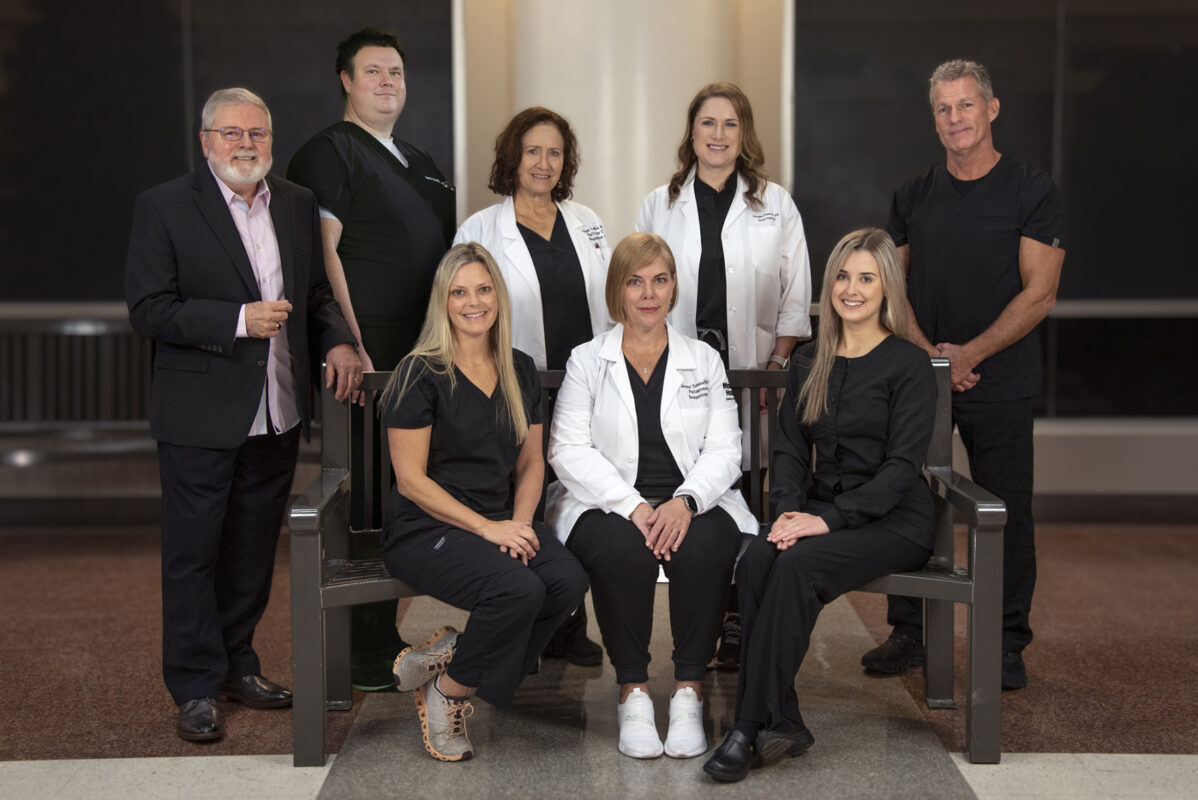Meet Memorial’s Palliative & Supportive Care Team

When you or a loved one receive a difficult diagnosis, Memorial’s Palliative & Supportive Care team is made up of caring and compassionate people dedicated to improving the quality of life of our patients. The team shares more about their work below.
What does an average day look like for your team?
Each day varies for the Memorial Palliative & Supportive Care team depending on our patients’ and families’ needs. Typically, our days involve evaluating patients and leading in-depth, multi-disciplinary discussions with patients and their families/loved ones regarding their medical conditions, long-term goals, symptom management needs, and advanced care planning in the setting of serious and chronic diseases.
How can patients access Palliative & Supportive Care?
We are available as an inpatient service to all patients admitted to the hospital with serious, life-threatening, and chronic diseases. If patients or families feel they could benefit from an evaluation by our team, they should request a consult to the Supportive Care Team from their attending physician.
What do you wish more people knew about your work?
Patients and families are best served by Palliative Care when it is initiated early on in their disease process. We differ from hospice in that many of our patients receive treatment from Palliative Care while still pursuing aggressive care and treatment for their medical conditions. The goal of Palliative Care is to promote the highest quality of life possible for patients throughout the entirety of their disease. We do this by not only providing medical support but also providing social and emotional support.
What are the misconceptions about Palliative Care?
There are many misconceptions about Palliative Care. The most common is that we are an “end of life” service. Palliative Care serves patients best when provided along with life-saving and aggressive treatment and should be initiated early in the disease course. This aids in the management of symptom burden, initiates long-term patient-centered goals, and prevents caregiver burden. We can serve patients with a multitude of life-altering, chronic diseases such as cancers/hematologic diseases, heart diseases, lung disease, acute strokes, liver disease, dementia, physical debility, and more.
How would you describe our Supportive/Palliative Care team?
Our team is made up of members with diverse backgrounds and personalities. The team is comprised of physicians, nurse practitioners, a registered nurse, a chaplain, and a social worker. Personal connections with our patients and families are important to us, and because of this, we have built a team that reflects the various personalities that we may encounter in our patient interactions. We are all extremely passionate about the work we are doing and strive to continue to help those in our community by expanding and growing our Palliative Care program.
